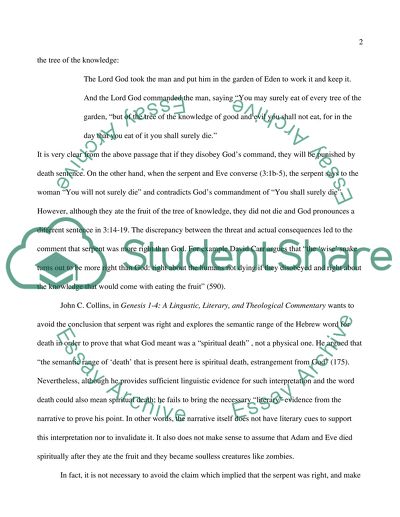Cite this document
(“Comparison between sudden fiction story The Country Where Nobody Ever Essay”, n.d.)
Retrieved from https://studentshare.org/miscellaneous/1572061-comparison-between-sudden-fiction-story-the-country-where-nobody-ever-grew-old-and-died-by-william-maxwell-and-the-garden-of-eden-from-the-bible
Retrieved from https://studentshare.org/miscellaneous/1572061-comparison-between-sudden-fiction-story-the-country-where-nobody-ever-grew-old-and-died-by-william-maxwell-and-the-garden-of-eden-from-the-bible
(Comparison Between Sudden Fiction Story The Country Where Nobody Ever Essay)
https://studentshare.org/miscellaneous/1572061-comparison-between-sudden-fiction-story-the-country-where-nobody-ever-grew-old-and-died-by-william-maxwell-and-the-garden-of-eden-from-the-bible.
https://studentshare.org/miscellaneous/1572061-comparison-between-sudden-fiction-story-the-country-where-nobody-ever-grew-old-and-died-by-william-maxwell-and-the-garden-of-eden-from-the-bible.
“Comparison Between Sudden Fiction Story The Country Where Nobody Ever Essay”, n.d. https://studentshare.org/miscellaneous/1572061-comparison-between-sudden-fiction-story-the-country-where-nobody-ever-grew-old-and-died-by-william-maxwell-and-the-garden-of-eden-from-the-bible.


